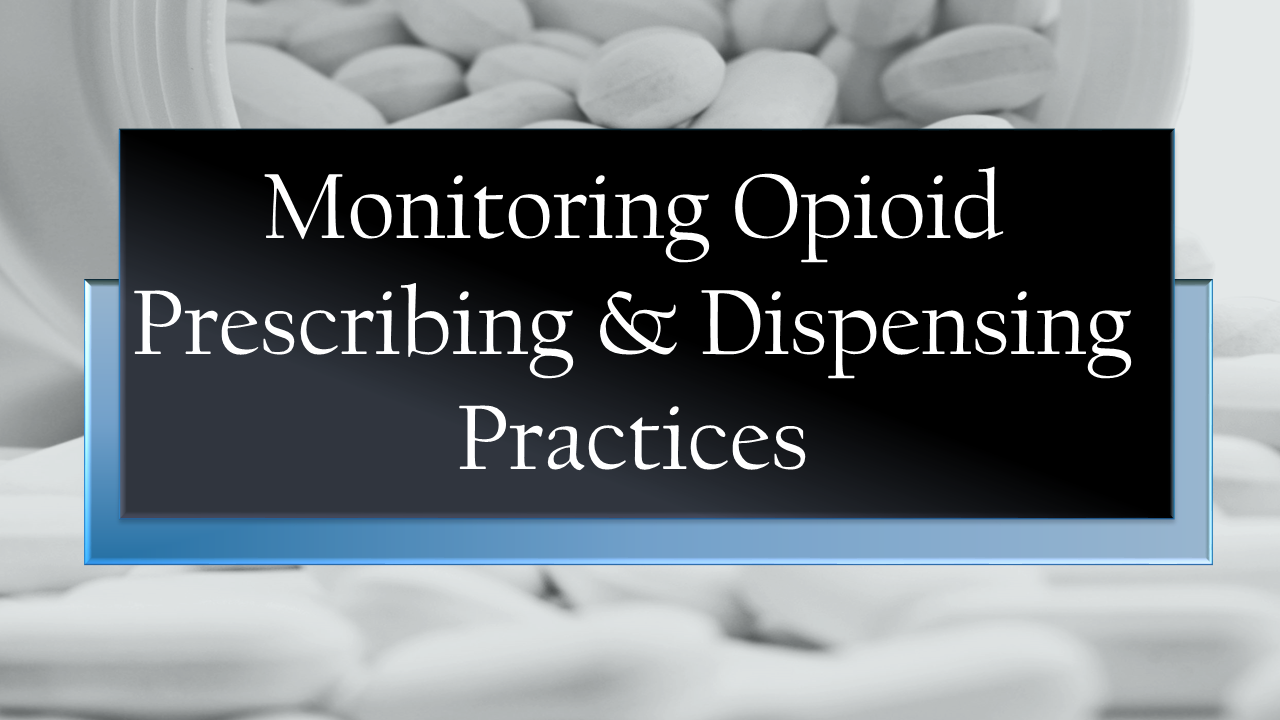 June 6, 2019
June 6, 2019
Recommendations for risk-based monitoring approaches in pharmacies, new IT tools and reviewing patient medication histories to curb opioid misuse
Read News Release
REGINA, SK., June 6, 2019: In her 2019 Report – Volume 1, Chapter 7, Provincial Auditor of Saskatchewan, Judy Ferguson, calls for the Ministry of Health to consider whether its monitoring activities of Saskatchewan opioid prescribing and dispensing practices is sufficient to reduce opioid misuse and abuse.
For the six most prescribed opioids, Saskatchewan’s prescribing stands well above national averages. Physicians prescribe 95% of prescribed opioids with dentists and nurse practitioners prescribing nearly the remaining 5%. Opioid poisonings resulted in an average of 16 hospitalizations daily in Canada in 2016–17.
In 2016, Saskatchewan’s Minister of Health publicly committed to take action to reduce the abuse and diversion of opioids. The Ministry has two main strategies—supporting health care professionals’ education, and monitoring opioid prescribing practices.
|
Opioid poisoning hospitalization rankings among 19 Canadian cities in 2016–17 (populations > 100,000):
In Saskatchewan in 2018:
|
The audit found the Ministry actively supports offering health care providers current information on best practice in pain management, prescribing and dispensing of opioids, and identifying opioid misuse. This helps physicians provide appropriate pain treatment options, and avoid prescribing of high-risk doses of opioids. Taking opioids for more than three days increases addiction risks; some opioids like fentanyl are more addictive than others.
The audit also found the Ministry, since 1988, financially supports the Prescription Review Program (~$276,000 annually). The Program identifies prescribers with inappropriate prescribing practices by monitoring 19 types of prescribed opioids. However, it does not monitor five federally controlled opioid medications, or an opioid (tramadol) that Health Canada plans to add to its listing of controlled medications.
The audit also identified improvements needed in delivering the Program. These include keeping the listing of opioids to monitor current, eliminating delays in notifying physicians of prescribing concerns, and better documenting activities related to following up on prescribing concerns.
“Because the Ministry does not monitor all opioids prescribed in the province or actively monitor the Program,” said Ferguson, “It does not know whether the Program helps reduce prescribed opioid misuse.”
Furthermore, the Ministry does not actively monitor opioid dispensing practices in Saskatchewan’s 385 pharmacies. It does not know if provincial pharmacies contribute to Saskatchewan’s opioid crisis.
Ferguson makes additional recommendations such as consideration to require review of patient medication history before prescribing high-risk medications like opioids. This may help physicians better identify a patient’s potential for opioid misuse or double-doctoring for prescriptions.
“Implementing a risk-based monitoring approach to identify opioid dispensing concerns would help the Ministry find additional opportunities to reduce opioid misuse and diversion,” said Ferguson, “Ineffective and insufficient monitoring of opioid prescribing and dispensing practices may result in increased addiction, abuse and misuse, and diversion of prescribed opioids that can ultimately lead to overdoses and death.”
The full Provincial Auditor’s 2019 Report – Volume 1 is available online.
The Provincial Auditor is an independent officer of the Legislative Assembly of Saskatchewan. The Office promotes accountability and better management by providing Legislators and the public with an independent assessment of the government’s use of public resources.
–30–
For more information, please contact:
April Serink, MA
Judy Ferguson, FCPA, FCA
Additional issues highlighted in the Provincial Auditor’s 2019 Report – Volume 1 include:
- Chapter 3: Mitigating vendor influence and conflicts of interest at eHealth
- Chapter 4: Auditing producer returns for non-renewable resources
- Chapter 6: Alerting the public about imminently dangerous events using SaskAlert
- Chapter 8: Procurement processes at Northern Lights School Division No. 113
- Chapter 9: Procurement processes at Northlands College
- Chapter 11: Monitoring fines from the Automated Speed Enforcement Program
- Chapter 12: Maintaining Saskatoon and surrounding area health care facilities
- Chapter 39: Placing Minister’s Wards in Permanent Homes
- Others from 45 chapters
Accompanying news releases and backgrounder give further details regarding these key topics.
![]()


